NASA decides to postpone Artemis launch until Sept. 3
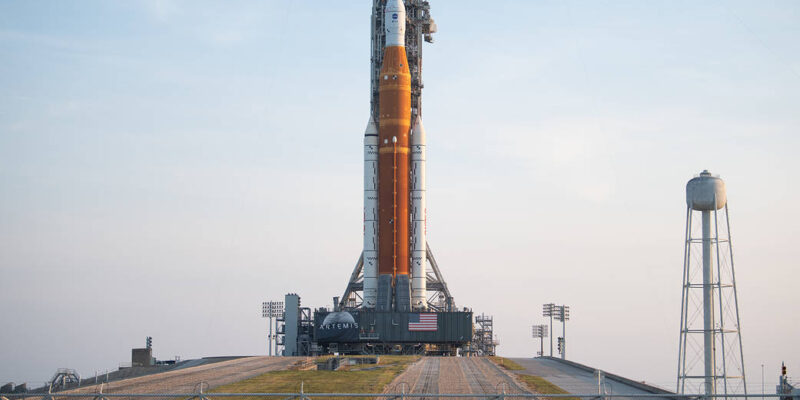
Its first launch, scheduled for Monday (Aug. 29), failed due to technical problems.

Artemis I
During the countdown, Artemis 1 team members noticed that one of the four RS-25 engines powering the SLS core stage had not cooled to the required low temperature – about minus 420 degrees Fahrenheit (minus 250 degrees Celsius) – before ignition.
The Artemis 1 team was unable to fix the problem in time for Monday’s countdown, so the launch attempt was canceled. They suspect it boiled down to a problem with the temperature sensor on Engine 3. But Honeycutt and the rest of the mission team believe they now have a handle on the problem.
“We’ve got to continue poring over the data,” Honeycutt said. “We’ve got to put some flight rationale together, anticipating that we’re not going to get any better results on that Engine 3 bleed-temp sensor.”
If all goes according to plan, Artemis 1 will launch from Pad 39B at NASA’s Kennedy Space Center (KSC) in Florida during a two-hour window that opens at 2:17 p.m. EDT (1817 GMT).
Even if all the technical analysis supports a Saturday afternoon launch attempt, there is no guarantee that Artemis 1 will leave the launch pad on that day. The nature decides whether it can launch.
Mark Berger, launch weather officer for the U.S. Air Force’s 45th Weather Squadron, said the latest forecast shows the threat of showers and thunderstorms on Saturday on Florida’s Space Coast. There’s a 60 percent chance of a weather violation during Saturday’s launch window, Berger said at a news conference this evening. But he expressed optimism that the weather will clear at some point during the window, giving Artemis 1 a chance to lift off.
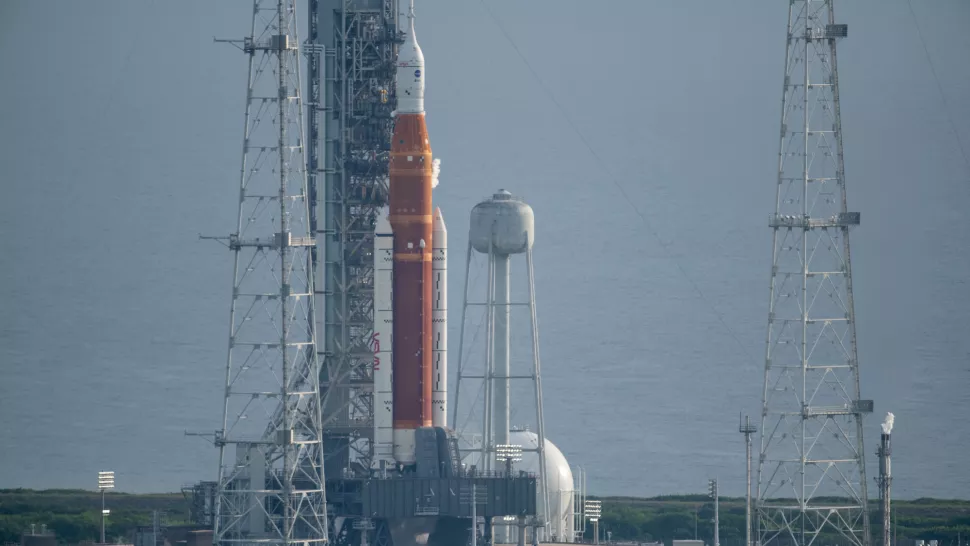
Artemis I
Reference:

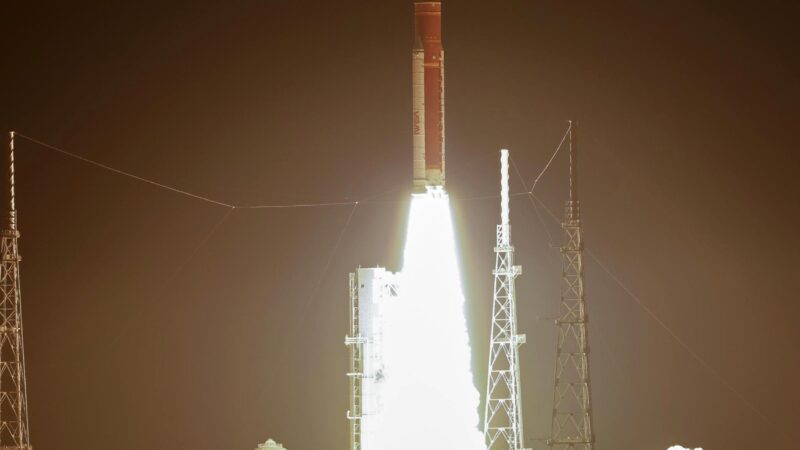
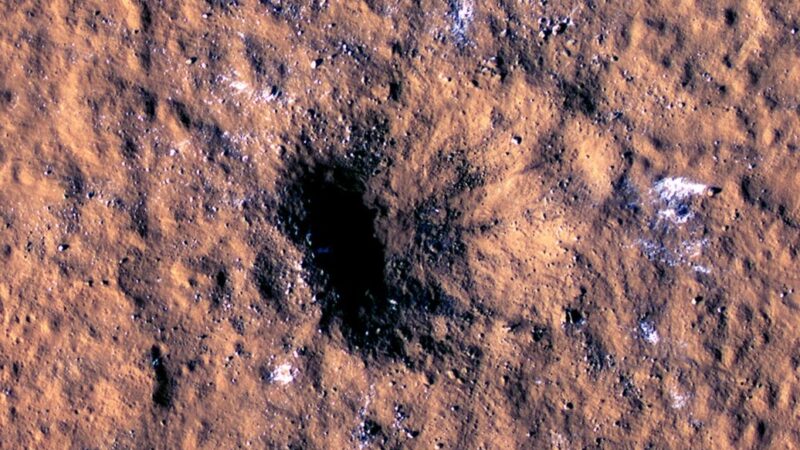
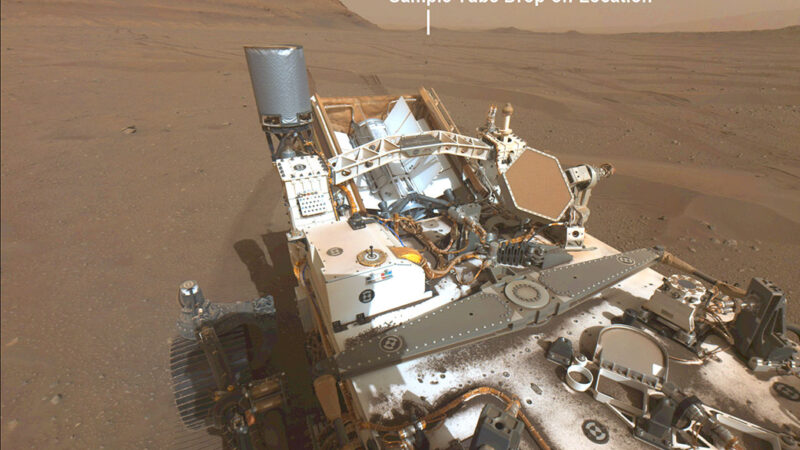
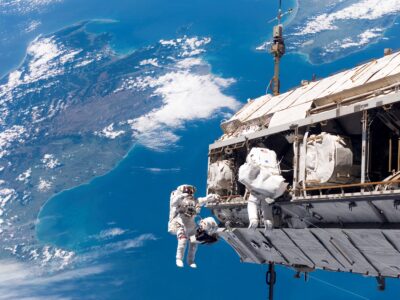

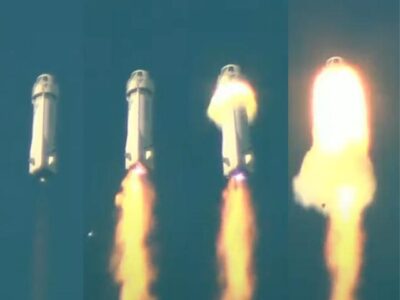
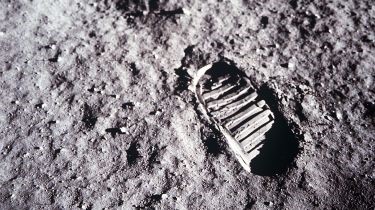
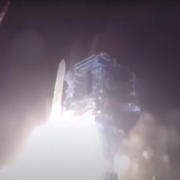

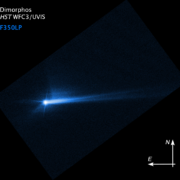
can I see its launch before my death